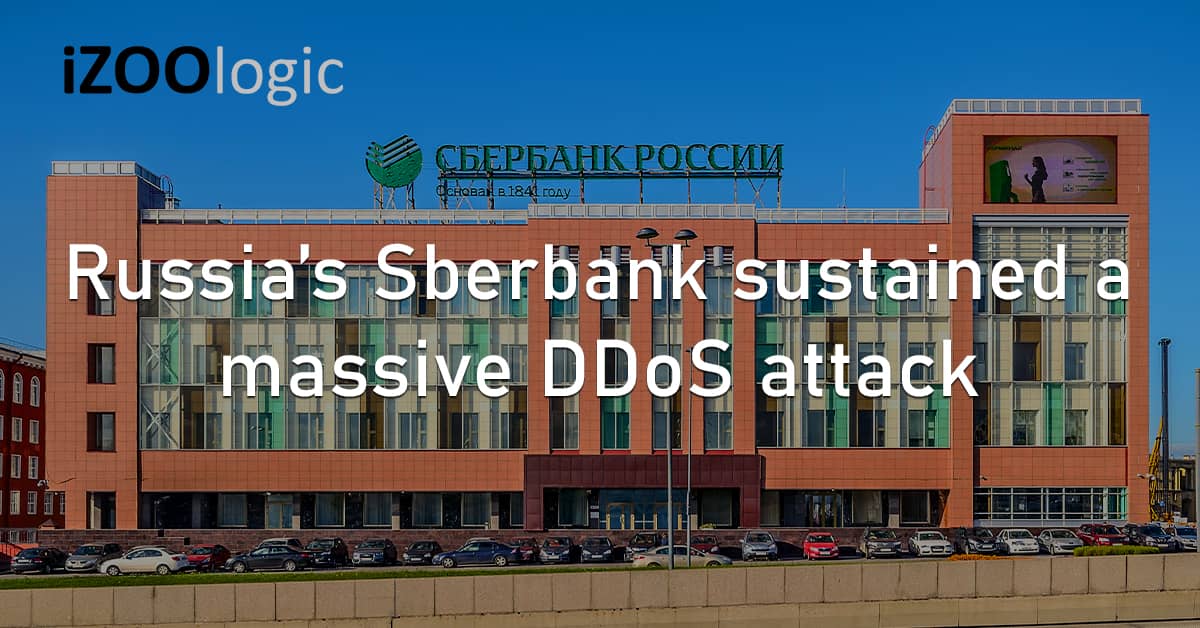One of Russia’s most prominent financial institutions, Sberbank, has recently suffered a widespread Distributed Denial-of-Service (DDoS) attack.
The affected entity is a giant state-owned financial institution that holds roughly one-third of all assets in Russia. Based on reports, it had become an accidental victim of the international turmoil following Russia’s invasion of Ukraine.
International sanctions and blockades had already sent ripples of disruptions through its operations, and now, it found itself under attack from the alleged West-aligned hacktivist groups.
Sberbank allegedly experienced one of the worst DDoS attacks in the country.
According to a Russian news outlet, the DDoS incident against Sberbank has been one of the most prominent attacks against a Russian organisation. The attack has peaked at approximately one million requests per second (RPS).
This RPS was nearly four times the size of any previous DDoS attack Sberbank had ever encountered. The financial institution also noticed that the attack included new hackers since some of the fingerprints in operation were not present in the previous campaigns against them. The company also believes some first-time attackers are qualified cybercriminals who joined the cyberattack spree against Russian entities.
Unfortunately, while the one million RPS figure has been one of the most disruptive attacks, it is a minor attack compared to the most recent and devastating DDoS attacks that deployed the ‘HTTP/2 Rapid Reset’ technique.
The campaign reached a hundred times that of Sberbank’s ordeal. Amazon, Cloudflare, and Google had each battled their own monstrous DDoS assaults, peaking at 155 million RPS, 201 million RPS, and a staggering 398 million RPS, respectively.
This issue was not the first time Sberbank had faced such a security incident. In May last year, the bank revealed that a hacker launched massive DDoS waves that attacked its online customer services. Fortunately, the bank managed to fend off a DDoS attack reaching 450GB per second, generated by a botnet of over 27,000 compromised devices.
Institutions like Sberbank possess a target in the back as the geopolitical conflict between Russia and Ukraine continues. Experts believe that more hacktivist groups from either country will join the cyberwar to aid their respective nations.
